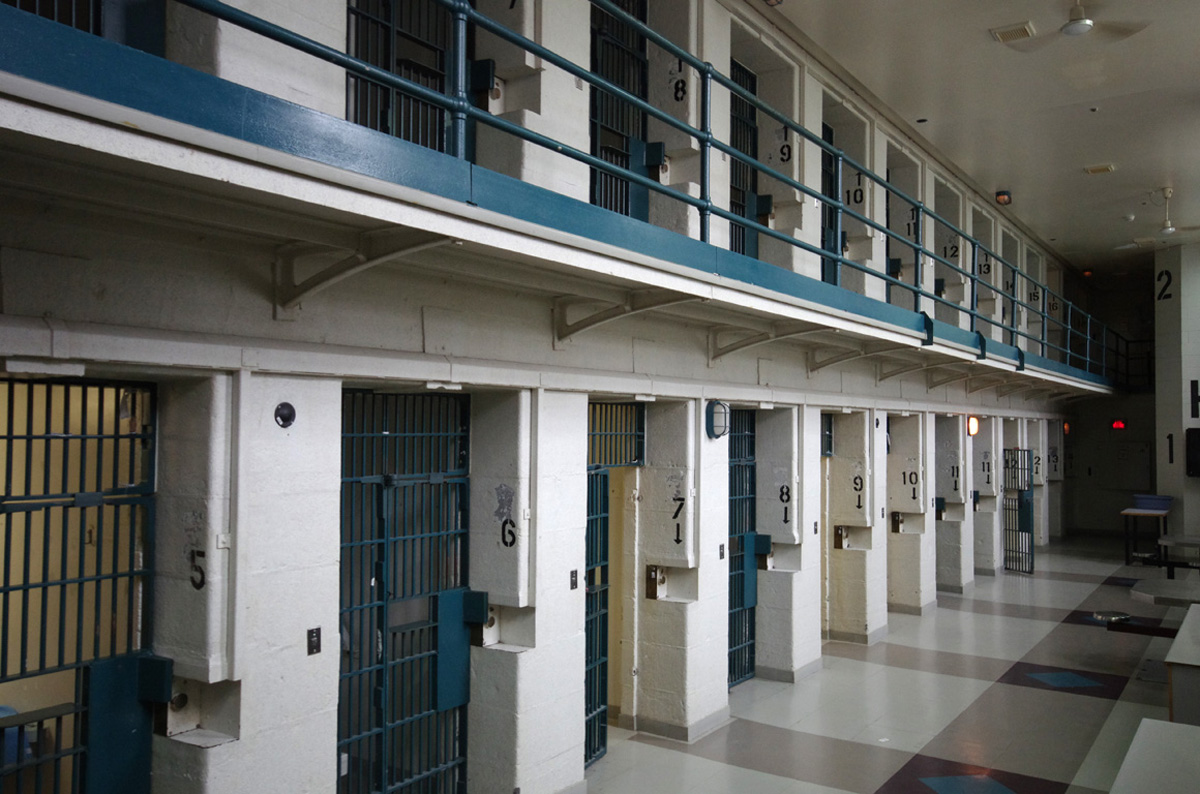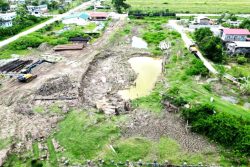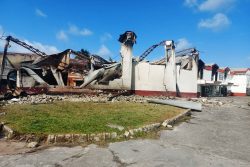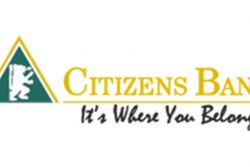(Jamaica Gleaner) Jamaicans occupy more places in Canadian prisons than any other nationals from the English-speaking Caribbean.
According to Correctional Service Canada (CCA), there are currently 58 Jamaicans serving sentences for various crimes in Canada, a number which far outstrips the 18 prisoners who hail from Trinidad and Tobago, Barbados and Antigua combined. No other English-speaking Caribbean country has a national incarcerated in Canada.
Of the 58 Jamaicans, only one is female. That woman is serving a sentence for murder two. Some 21 males are in prison in the North American country for murder one, 14 for murder two, while 21 Jamaican males are in prison for what is classified as Schedule 1 and Schedule 11 crimes. One man is now serving a sentence for what is classified as a non-schedule crime.
Schedule 1 crimes include sexual offences and other violent crimes, excluding first- and second-degree murder, while Schedule II includes serious drug offences or conspiracy to commit serious drug offences.
Non-schedule includes offences that are not murder or that are not included in Schedule I and Schedule II, the CCA said.
According to a Canada National Household Survey, the largest group of Canadians of Caribbean origin are Jamaica-born or of Jamaican descent. The survey revealed that of all those who reported they had Caribbean origins, 42 per cent said they were Jamaican, while 16 per cent were Haitian, 12 per cent identified as West Indian, 10 per cent were from Trinidad and Tobago, respectively, while five per cent were from Barbados.
Barbadian Canadians have the highest median income and the lowest incidence of poverty among black Canadians.
This disparity in numbers, according to Jamaica-born marketing consultant Craig Wellington, accounts for the relatively high number of Jamaicans being incarcerated in the North American country in which he resides.
Wellington said this is only one side of the coin as Jamaicans have also outperformed their Caribbean neighbours in positive contributions to Canadian society.
“Three of Canada’s municipal police forces have chiefs or deputy chiefs with Jamaican backgrounds. The chief of Ottawa, Peter Sloly, was born in Jamaica. Mark Saunders, Toronto’s chief of police, has Jamaican parents, and Peel Region’s deputy chief of police, Marc Andrews, was born in Jamaica. There are only four black chiefs or deputy chiefs in Canada and three were born in Jamaica or have Jamaican parents,” Wellington told The Sunday Gleaner.
Wellington, who has for many years championed social-justice issues and has advocated against the inequities in the Canadian justice system which affect racialised communities, is a former member of the Toronto Chief of Police Black Community Consultative.
“The numbers are going to reflect that more Jamaicans are in prison here, but it does not paint the complete picture. We have the most doctors, attorneys and persons in many other fields than any other English-speaking Caribbean country too,” he said.
He pointed to the case of Devon Clunis, who was chief of the Winnipeg Police Service from 2012 until his retirement in 2016. Clunis was the first black Canadian ever appointed as a police chief in Canada. He was born in Jamaica and moved to Winnipeg with his family when he was 11.
“We outnumber them in every sphere of life because there are more of us here,” he said.
In the 2011 Canadian census, 256,915 Jamaican Canadians were counted, comprising an 11.2 per cent increase since the previous census done half a decade earlier. A total population of 309,485 were tallied in a 2016 census, signalling an increase of 20.5 per cent.
By comparison, the 2016 census showed only a five per cent increase in Canada’s total population size over the same period.
“Jamaican Canadians are 30 per cent of Canada’s total black population,” Wellington said.










